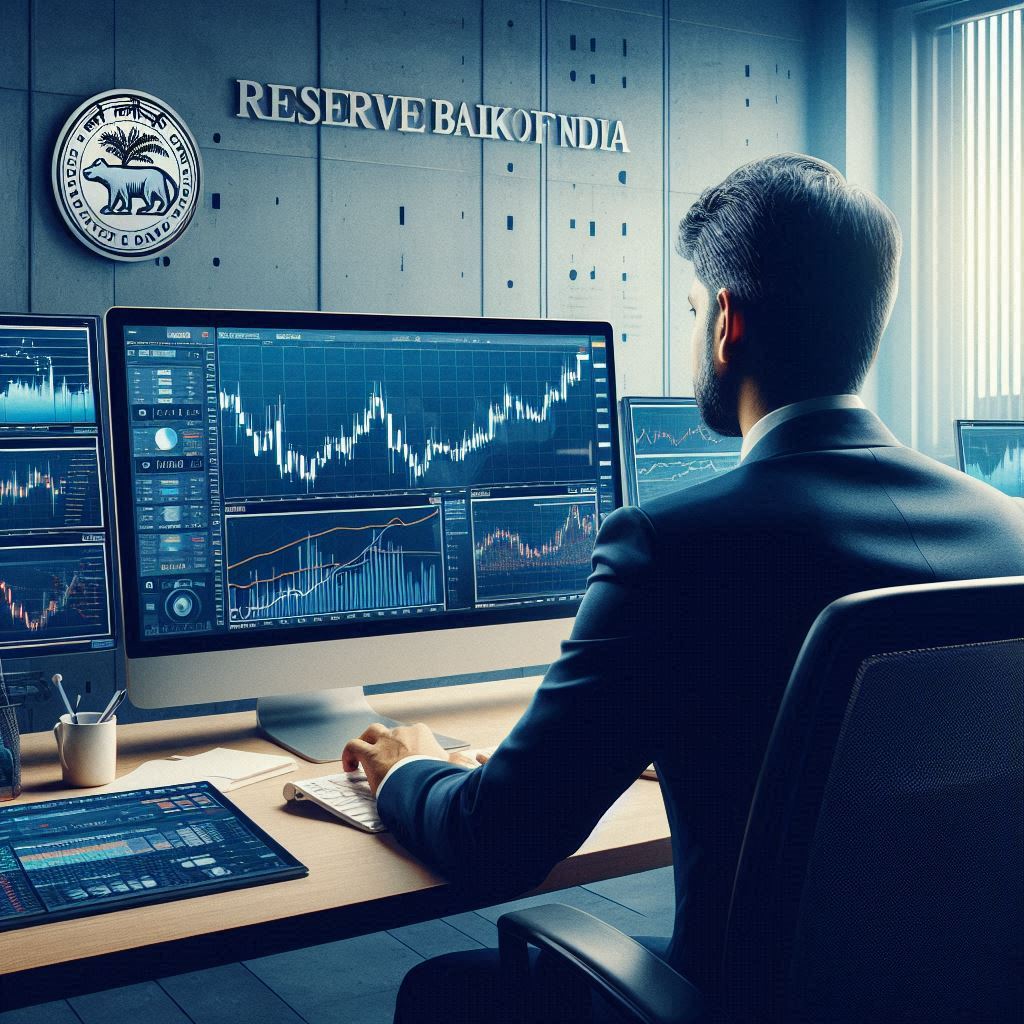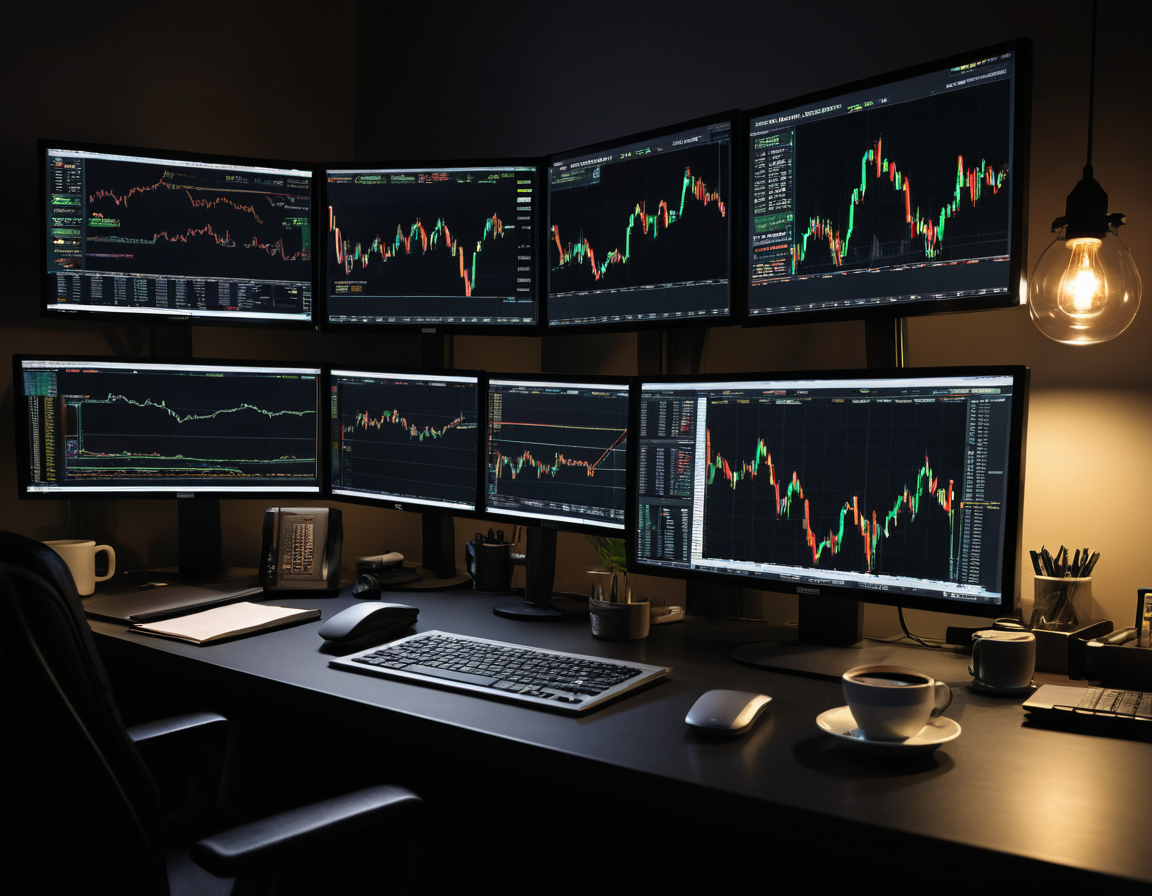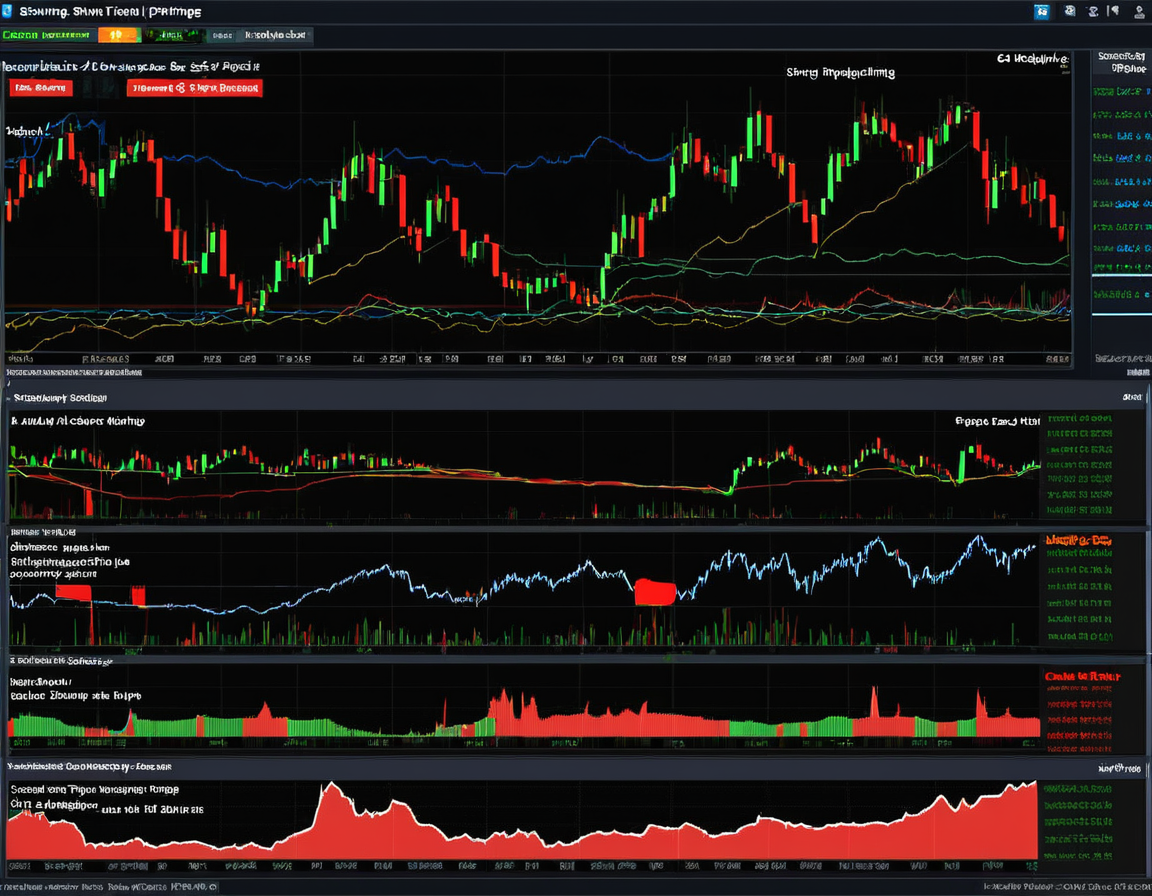How Global Events Impact Forex Trading in India
Forex trading is one of the most dynamic financial markets in the world, and its movements are heavily influenced by global events. From central bank policies to political instability and economic crises, global factors have a significant impact on currency prices. For Indian traders, understanding how these global events affect the forex market is essential for making informed trading decisions. In this blog, we’ll explore the key global events that impact forex trading in India and how traders can navigate these market fluctuations in 2024.
The Role of Global Events in Forex Market Movements
The forex market operates 24 hours a day, across multiple time zones, and is highly sensitive to global events. Currency prices can shift rapidly due to economic reports, geopolitical developments, and central bank interventions. Understanding these factors helps Indian traders anticipate market movements and make profitable trades.
Types of Global Events That Influence Forex
- Economic Reports and Data Releases
- Geopolitical Instability
- Central Bank Policies and Interest Rate Changes
- Global Trade and Tariffs
- Natural Disasters and Global Crises
Key Global Events That Impact Forex Trading in India
1. Central Bank Policies
Central banks around the world, such as the Federal Reserve (USA), European Central Bank (ECB), and Reserve Bank of India (RBI), play a pivotal role in the forex market by controlling monetary policy and interest rates. Changes in interest rates directly impact the value of a currency. For instance, if the Federal Reserve raises interest rates, the USD typically strengthens, causing the USD/INR pair to rise. Indian traders must pay attention to these policy shifts as they can trigger significant market movements.
To follow RBI’s policy updates, visit the RBI Official Website.
2. Geopolitical Instability
Political instability, whether in India or globally, can cause uncertainty in the forex market. Events such as elections, wars, or diplomatic tensions can lead to sharp movements in currency prices. For example, if geopolitical tensions escalate between the US and China, the USD/CNY pair may fluctuate, indirectly affecting the USD/INR pair due to global market sentiment.
Indian traders need to stay informed about geopolitical developments that may impact major currencies, as these can influence Rupee-based pairs.
3. Economic Data Releases
Key economic indicators such as GDP growth, employment reports, inflation rates, and trade balances play a significant role in determining a currency’s value. For example, if India reports higher-than-expected GDP growth, it could strengthen the INR. Similarly, if the US posts strong employment numbers, the USD could rise, affecting Indian traders who trade the USD/INR pair.
Monitoring economic data from India’s major trading partners, such as the US, UK, and the Eurozone, is critical for Indian forex traders.
For access to global economic data, check out the World Bank Economic Reports.
How Indian Traders Can Respond to Global Events
1. Stay Updated on Global News
Indian traders should monitor global economic and political news closely. Events such as elections, central bank meetings, and major economic reports often lead to increased volatility. Tools like economic calendars can help traders anticipate major data releases and plan their trades accordingly.
2. Use Stop-Loss Orders to Manage Risk
Given the unpredictable nature of global events, risk management is crucial in forex trading. Using stop-loss orders can help Indian traders limit potential losses if the market moves suddenly due to unexpected events, such as a natural disaster or political unrest.
3. Diversify Currency Pairs
Indian traders should consider diversifying their currency pairs to minimize risk. Instead of focusing solely on USD/INR, traders can explore other pairs like EUR/INR or GBP/INR. By diversifying, traders reduce their exposure to a single currency and can capitalize on global opportunities.
Case Studies of Global Events Affecting Forex Trading
1. COVID-19 Pandemic
The global forex market experienced unprecedented volatility during the COVID-19 pandemic. Currencies like the USD, EUR, and INR fluctuated dramatically due to economic shutdowns, stimulus packages, and changes in central bank policies. Indian traders had to adapt quickly to the rapidly changing market environment.
2. Brexit and the GBP
The uncertainty surrounding Brexit negotiations led to significant volatility in the GBP/USD and GBP/INR pairs. Indian traders who were able to anticipate the outcomes of key negotiations could capitalize on sharp movements in the Pound.
Global Trade and Forex: The Impact of Tariffs and Trade Wars
Trade relations between major economies also affect forex prices. For instance, a trade war between the US and China can lead to fluctuations in the USD/CNY pair, which in turn affects the USD/INR pair due to global market spillovers. Indian traders should monitor global trade developments and tariff changes to anticipate how they may impact the forex market.
How Tariff Changes Affect the INR
If India is impacted by tariffs from a major trading partner, such as the US or China, it can influence the INR. A weaker trade balance due to tariffs could lead to a decline in the INR, making USD/INR a more attractive trade for Indian traders during such periods.
Conclusion
Global events have a profound impact on the forex market, and Indian traders must stay informed to navigate these complexities. From central bank policies to geopolitical instability and economic reports, the key is to understand how these events affect currency values and adjust your trading strategy accordingly. By staying updated on global developments and employing risk management strategies, Indian traders can effectively navigate the forex market in 2024.







